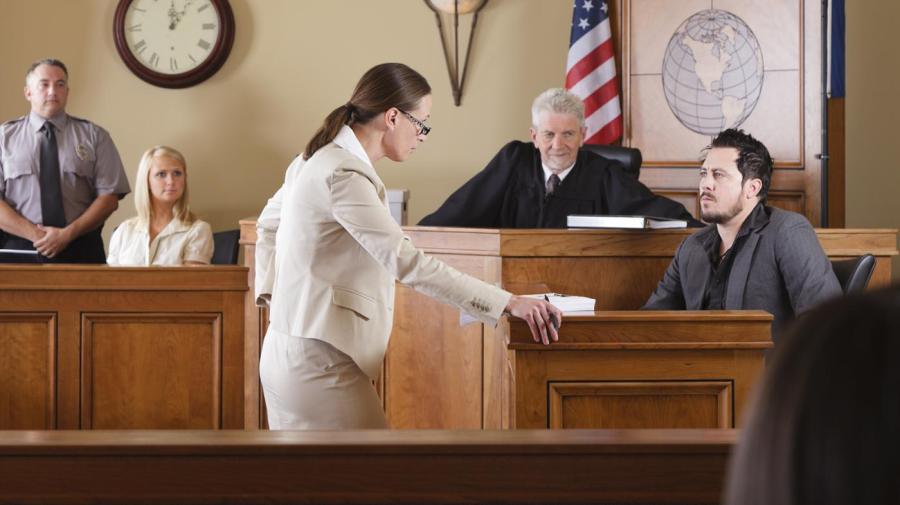What Is a “pre-Trial Felon”?

In the United States, a pre-trial felon is someone who has been charged with a felony, but whose case has not yet gone to trial. The pre-trial process involves one or more hearings which take place before a full trial is convened. They are usually held to establish whether or not a full trial is warranted.
The trial process can be costly to tax payers. For this reason, when people are charged with crimes, a trial is reached only after a case goes through several other stages of review. First, when someone is arrested for a crime, he is arraigned. An arraignment is a hearing in which an individual is formally charged for the crime in question.
After an arraignment takes place, the prosecuting attorney must first prove that a crime has been committed and that it is reasonable to assume that the person arrested and charged with the crime could have committed it. This is the first stage of the pre-trial process. In the next stage of the pre-trial process, the defense lawyer or lawyers and prosecuting attorney discuss possible resolutions to the case.
Depending on the severity of the crime, the accused individual’s previous criminal history and how strong a case each side thinks it has, a resolution may or may not involve a plea bargain. In a plea bargain, an individual offers a plea in exchange for a lesser sentence than what he would receive if convicted in the trial process. Only if the case cannot be resolved during the pre-trial process does it proceed to a full trial.





